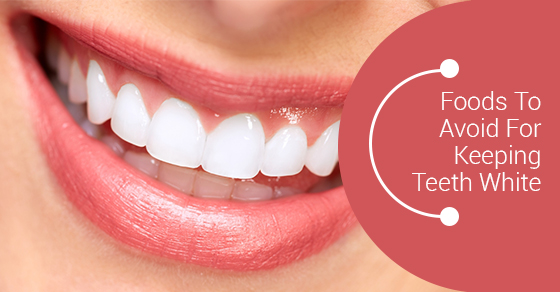Teeth whitening has become a popular cosmetic procedure, promising a brighter, more confident smile. While many turn to professional treatments or over-the-counter solutions, maintaining those pearly whites involves more than just these procedures. What you eat plays a crucial role. This article will guide you through various foods to avoid if you want whiter teeth, ensuring your smile remains as radiant as ever.
The Importance of Diet in Teeth Whitening
Before delving into specific foods, let’s understand the connection between diet and tooth coloration. Your teeth enamel is naturally porous, making them susceptible to staining from what we eat and drink.
Foods to Avoid for White Teeth
Coffee and Tea

These beloved beverages are notorious for staining teeth. Their high tannin content can lead to yellowing over time. More about tannins and teeth staining.
Red Wine

Like coffee and tea, red wine is high in tannins. It’s a common culprit for teeth discoloration. Learn how to enjoy wine while protecting your teeth.
Colored Sodas and Sports Drinks

The acidity and artificial coloring in these drinks can erode enamel and cause staining. Find out healthier drink alternatives.
Berries
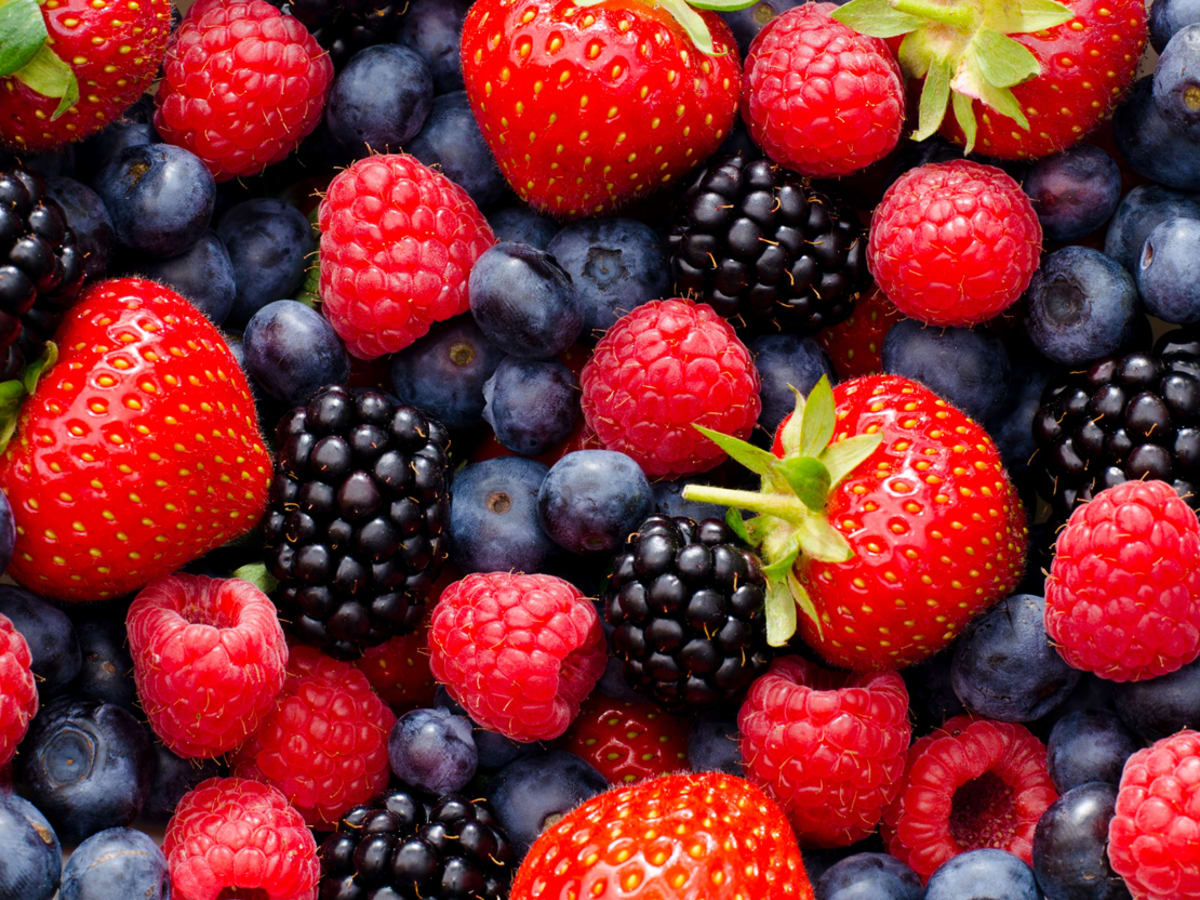
While healthy, dark-colored berries like blueberries and blackberries can stain your teeth. Discover how to include berries in your diet without harming your teeth.
Soy Sauce and Balsamic Vinegar
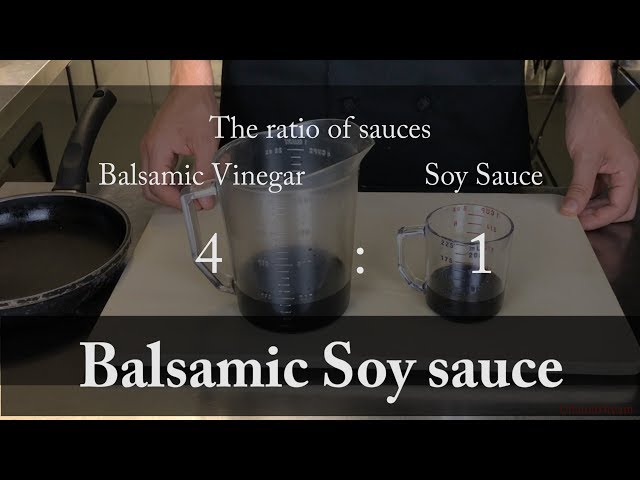
These dark liquids can cling to your teeth, leading to stains. Tips on using these condiments without staining your teeth.
Curry
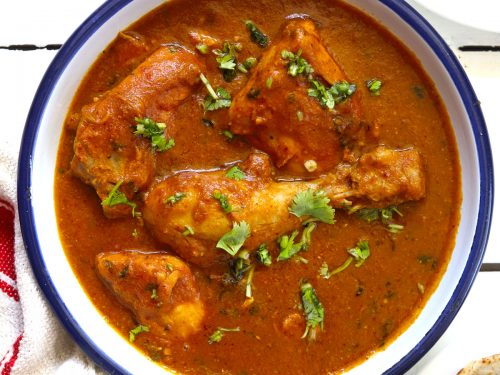
Its deep pigmentation can yellow teeth over time. Learn how to enjoy curry and maintain white teeth.
Foods to Avoid While Whitening Teeth
When undergoing teeth whitening treatments, it’s crucial to avoid foods that can counteract the process. Detailed guide on teeth whitening maintenance.
Foods to Avoid After Teeth Whitening Treatment
Post-treatment care is vital. Avoiding the above foods, especially in the first 48 hours, can significantly impact the longevity of your whitening results. Post-whitening care tips.
Alternative Foods That Promote Whiter Teeth
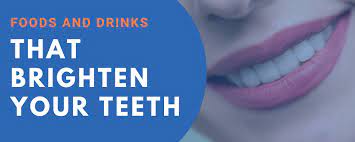
While avoiding certain foods is essential, including teeth-friendly options in your diet is equally important. Foods rich in calcium, like dairy products, and crunchy fruits and vegetables that stimulate saliva production can help keep your teeth white and healthy.
Professional Tips for Maintaining White Teeth

Alongside dietary considerations, professional dental advice is invaluable. Regular dental check-ups and cleanings can help remove surface stains and provide guidance tailored to your oral health needs. Additionally, using whitening toothpaste and mouthwash can complement your dietary efforts.
Home Remedies and Natural Alternatives

For those seeking natural methods, several home remedies can aid in keeping your teeth white. Baking soda, for example, is known for its whitening properties. However, it’s important to use such remedies judiciously, as overuse can damage enamel. Discover safe home whitening methods.
The Role of Lifestyle in Teeth Whitening

Lifestyle factors, such as smoking and excessive alcohol consumption, can also affect the color of your teeth. Adopting a healthier lifestyle can significantly contribute to maintaining your teeth’s whiteness.
The Psychological Impact of Whiter Teeth

Whiter teeth aren’t just about aesthetics; they can boost your self-esteem and confidence. A bright smile is often associated with health, vitality, and youth.
Expert Insights on Long-Term Teeth Whitening Maintenance
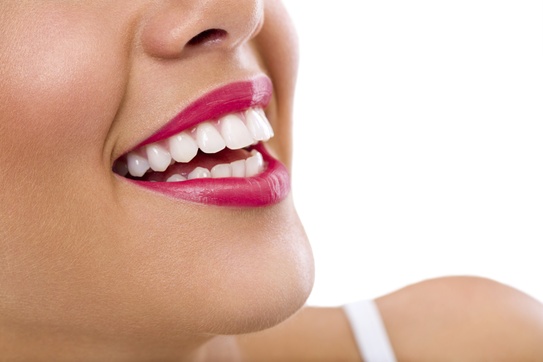
Beyond the basics, it’s essential to delve into expert insights for sustaining your whitening results over time. Dental professionals often recommend specific toothpaste and mouthwashes designed for post-whitening care. These products typically have less abrasive formulas and are tailored to protect the sensitivity of recently whitened teeth.
The Impact of Acidic Foods on Teeth
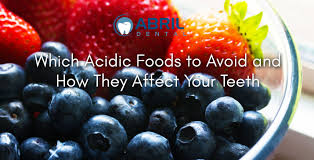
Acidity in foods can weaken tooth enamel, making your teeth more prone to staining. Understanding which foods are high in acid can help you make better choices. For instance, citrus fruits, while healthy, should be consumed in moderation due to their high acidic content. Read more about acidic foods and teeth health.
Incorporating Teeth-Friendly Foods into Your Diet
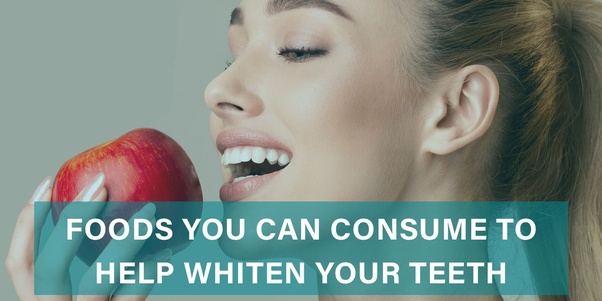
In contrast to foods to avoid, several teeth-friendly foods can help maintain your smile. Dairy products, high in calcium, strengthen teeth, while crunchy vegetables can naturally scrub and clean your teeth as you eat them.
Understanding the Role of Sugar in Teeth Discoloration
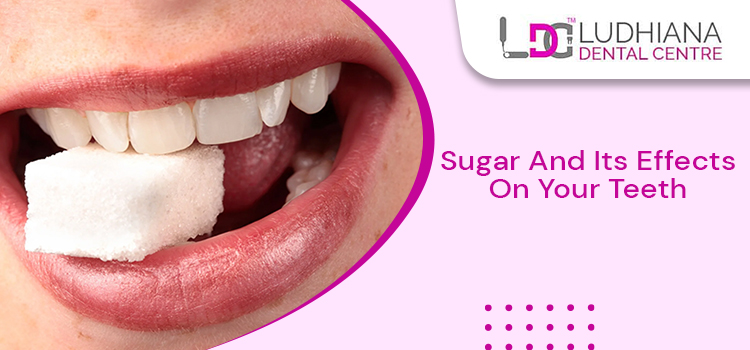
Sugar plays a significant role in teeth staining, not directly, but by promoting the growth of bacteria that cause plaque and tartar build-up, leading to tooth discoloration. Reducing sugar intake can significantly contribute to maintaining whiter teeth.
The Importance of Regular Dental Visits

Regular visits to your dentist are crucial. They can provide professional cleanings that remove surface stains and offer personalized advice based on your oral health and whitening goals.
Key Takeaways
To sum up, maintaining a dazzling white smile involves:
Mindful Eating: Avoiding foods and drinks that cause staining.
Lifestyle Choices: Leading a healthy lifestyle and quitting habits like smoking.
Regular Dental Care: Seeking professional advice and routine cleanings.
Home Care: Using the right oral hygiene products and trying safe home remedies.
Conclusion
Achieving and maintaining whiter teeth isn’t just about treatments and products. It’s a lifestyle choice that involves being mindful of what you eat and drink. By avoiding the foods to keep teeth white and incorporating teeth-friendly alternatives, you can enjoy a brighter smile for longer. Maintaining a white smile goes beyond just avoiding certain foods; it involves a comprehensive approach encompassing diet, lifestyle, and regular dental care. By understanding the foods to avoid if you want whiter teeth and adopting a holistic approach to oral health, you can enjoy a brighter, healthier smile.
